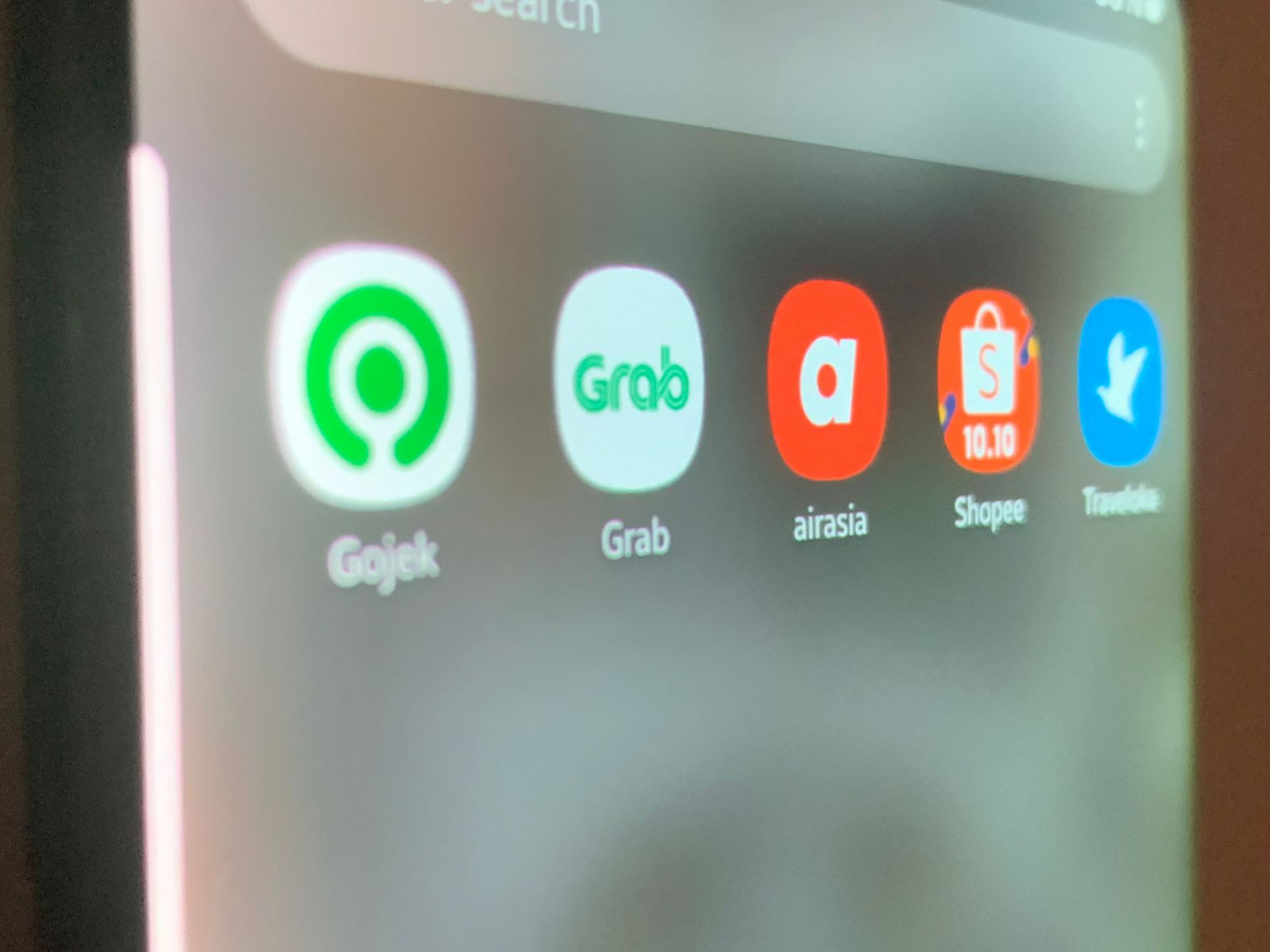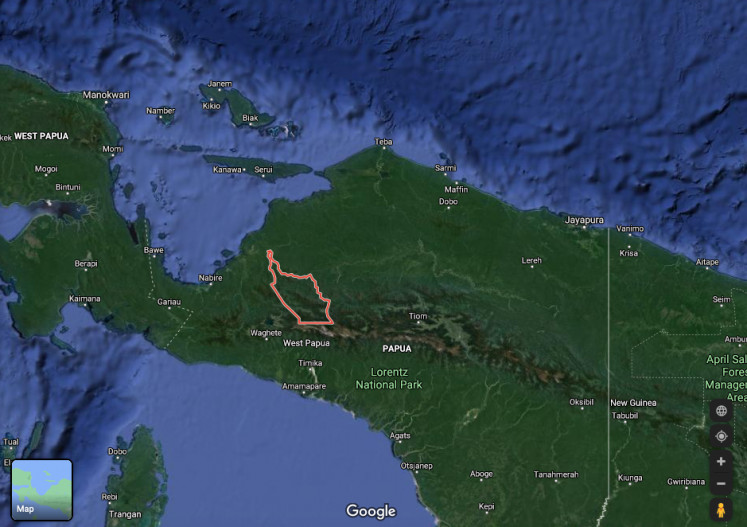Discounts spoil online food delivery market, experts warn
GoTo’s GoFood held the lion’s share of 39 percent of total transactions, followed by ShopeeFood and GrabFood.
Change text size
Gift Premium Articles
to Anyone

S
pecial offers and promotional pricing in the online food delivery (OFD) industry have gone too far, industry analysts say, urging platforms to look for more sustainable ways to attract and retain customers.
Handyanto “Handy” Widjojo, research fellow at Jakarta-based think tank Tenggara Strategics, said on Wednesday that too much of a reliance on discounts and promotional pricing could be unsustainable for the platforms, as the so-called “investments” were actually expenses depleting profits.
Moreover, a prolonged heavy reliance on discounts could be bad for the ecosystem as customers were conditioned to seeing the price as all that mattered, rather than values in the services offered.
“If discounts were the only main factor for a market to grow, I do not think that would be healthy for the industry,” Handy told the audience at an event hosted by the think tank to publish its OFD survey.
“Reflecting on other industries, of course, you all know what the consequences would be if an industry were built upon all-out price competition. We had better not do it again,” he added.
Read also: Indonesia food delivery industry grows 24 percent
Handy did not mention what industries he meant.
However, the Business Competition Supervisory Commission (KPPU) once raised concerns over ride-hailing companies resorting to predatory pricing to gain market share and keep potential competitors out of the market. The KPPU said such practices could harm the ride-hailing industry by raising the bar to market entry for new players and thus hurting healthy competition, which could someday hurt consumers.
OFD platforms have lately appeared to be outdoing one another with hefty discounts, promotional offers and significant cuts on delivery fees, a practice reminiscent of the early period of the ride-hailing industry.
Tenggara’s survey shows that the top three players in the OFD business combined logged Rp 78.4 trillion (US$5.33 billion) worth of transactions in 2021. GoTo’s GoFood held the lion’s share of 39 percent of total transactions, followed by ShopeeFood and GrabFood.
ShopeeFood, despite only entering the market in April 2020, some five years after its competitors, quickly rose to second place with a transactions share of 34 percent.
Of the three, ShopeeFood was the most popular service in terms of pricing, the survey revealed, as customers recognized that the final price after discounts and promotions was often far lower than those of the competitors.
Traveloka Eats and AirAsia Food, which entered the OFD market not long after ShopeeFood, were exempted from the survey due to their small market shares.
Riyadi Suparno, executive director at Tenggara Strategics, said the survey revealed that prices remained one of the key considerations for OFD customers.
Tenggara’s survey also showed that more than 71 percent of customers surveyed had two or more apps installed on their gadgets, implying a challenge for OFD platforms to retain customers.
However, Riyadi emphasized that OFD platforms could still do more to provide value and innovation as a means to retain customers. He argued that the OFD industry in Indonesia still had large growth potential, following a large shift in consumer behavior toward using online systems since the pandemic began.
OFD comprised between 22 and 44 percent of total spending for customers with monthly expenses between Rp 1.2 million and Rp 12 million, implying significant adoption despite uncertainty in the pandemic-ravaged economy.
Read also: Yearender 2021: Indonesia’s digital economy got bigger, not necessarily better
Stella Kusumawardhani, Economic research lead at Tenggara Strategics, said on Wednesday that customers had begun to value other aspects, namely comfort, menu variety, hygiene and transaction security, as they began turning their attention away from discounts alone.
The survey also revealed that consumers believed OFD services could greatly impact society, whether drivers, small business owners or the economy itself.
“We found in the survey that many other values were actually becoming important to the consumer,” Stella said, adding that these values could convince consumers to favor a particular platform over others.









